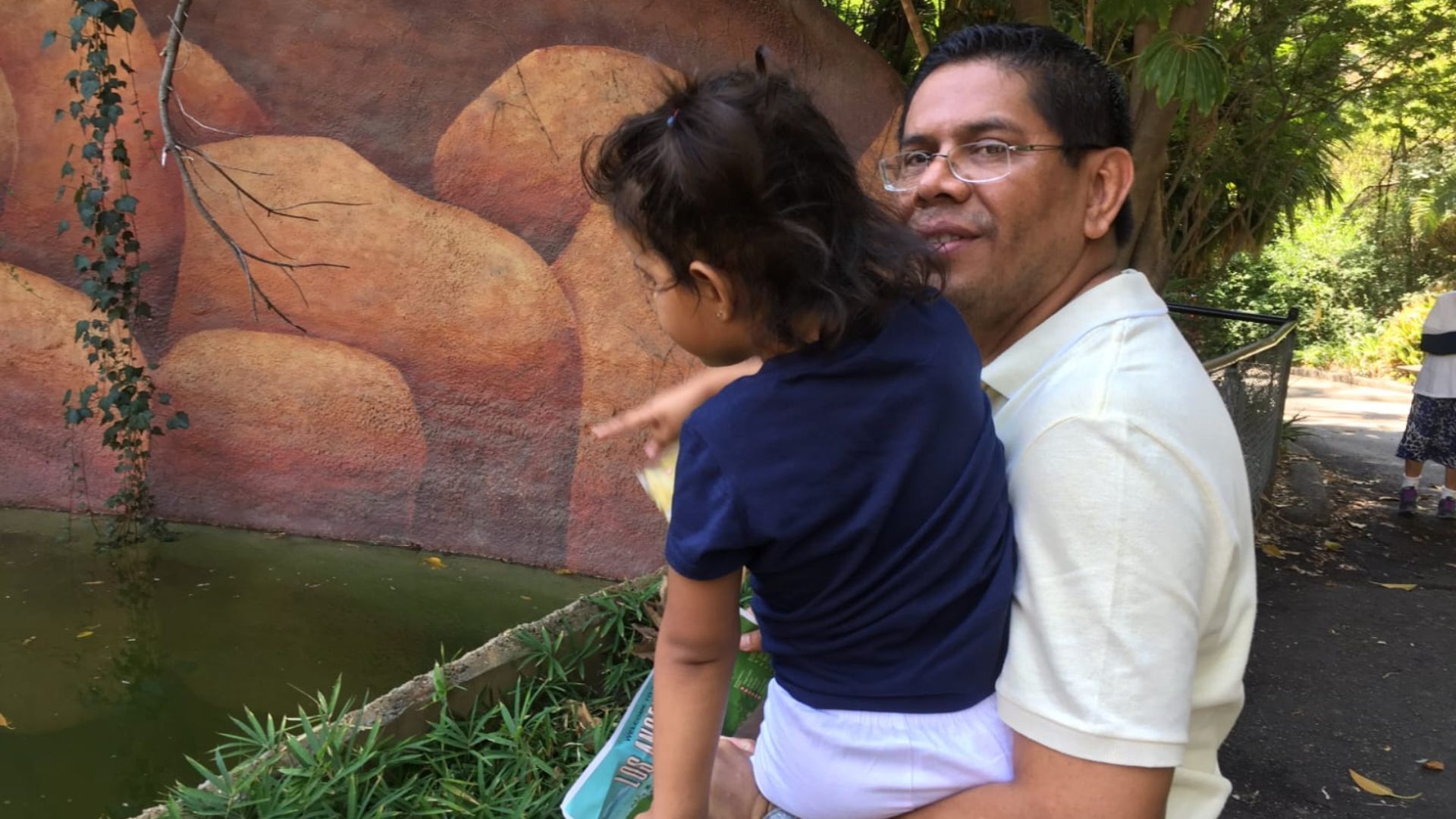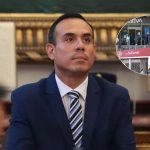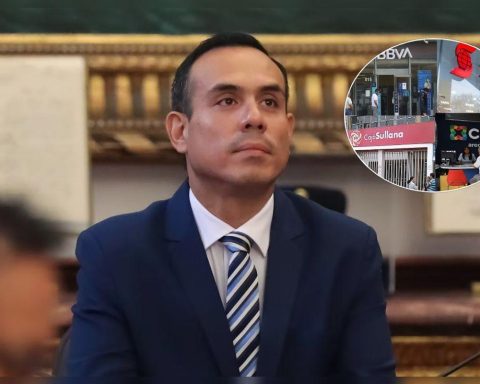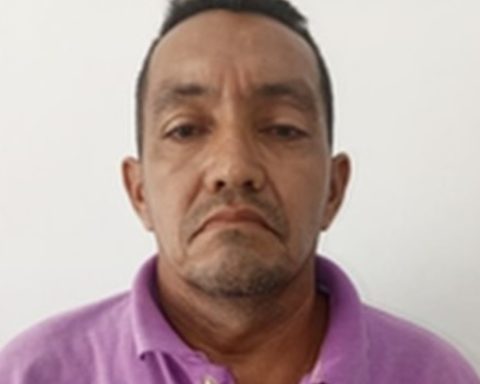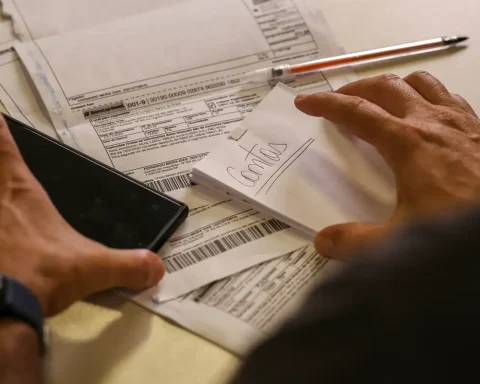The viciousness and repression that the regime of Daniel Ortega and Rosario Murillo maintains against political prisoners also affects their children, who are denied access to visits in prison and to have some type of communication, violating the laws of the country, in where there is no ban on visits by minors in prisons.
A campaign promoted by opposition organizations indicates that at least 18 boys and girls have their fathers or mothers in jail for demanding the fulfillment of human rights in Nicaragua and for denouncing the repressive actions of the Ortega-Murillo family.
“These minors yearn with all their heart and soul to hear, see or have some kind of communication with their parents. The cruelty of a criminal dictatorship prevents them,” says part of the campaign promoted on social networks.
Related news: Miguel Mendoza’s daughter begs to have communication with her father, after 456 days of separation
On repeated occasions, relatives of political prisoners have denounced the refusal of the dictatorship to authorize a reunification between parents and children, despite the fact that they have made formal requests to the corresponding authorities.
That is the case of Alejandra, the daughter of sports journalist and political prisoner Miguel Mendoza. After 456 days of solitary confinement, the minor continues to demand to see her father.
“We have shared on different occasions the emotional damage that this forced separation has caused in her. It really is cruel and inhumane that they torture an 8-year-old girl in that way,” Mendoza’s family said on Tuesday, through their social networks, along with a drawing of the minor where she expresses how much she loves and misses her father.
Law does not restrict visits by minors
The campaign on social networks highlights that, among the continuous violations experienced by political prisoners, is the failure to comply with article 128 of the regulations of the Law on the Penitentiary Regime and Execution of Sentences, which establishes that during family visits they will enter the visiting area of the penitentiary center up to a maximum of six people over 12 years of age per inmate to visit.
“The entry of children under 12 years of age is allowed when they are accompanied by their parents, tutors or guardians and they will enter without a visitor’s card,” dictates the law.
The campaign highlighted that of 10 political prisoners held in El Chipote and who have minor children, only two have been able to have the opportunity to see them. “Family visits are not adjustable since those detained unjustly have been under a prolonged incommunicado regime of up to 90 days in a row.”
